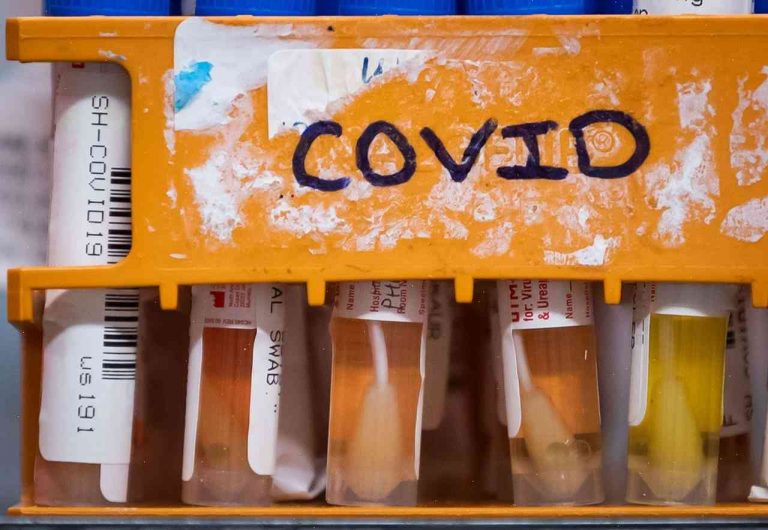British Columbia health officials Tuesday said one of the world’s most deadly bacteria was found in soil samples of a residential lot where an uninsured, homeless man’s body was discovered recently and first his family and later the rest of the province’s residents.
The discovery has triggered warnings, inspections and measures to reduce the spread of the bacteria, coronaviruses, also known as CREs.
For more than half of British Columbia’s 21 provinces, an average of 20,000 people contract an infectious disease each year.
While nearly all of those cases aren’t fatal, some are. Patients exposed to the strains of CRE seen in British Columbia have a 10 times higher chance of dying from their infection than other patients with the illness, said Dr. David Butler-Jones, head of the national public health agency.
In addition to CREs, cases are also on the rise in Louisiana, Maryland, New Jersey, North Carolina and Texas, said Janice Lapp of the Public Health Agency of Canada.
The bacteria come from dirty conditions and use broken-down tissues like corneas to infect people, Butler-Jones said. The E. coli bacteria strains also exist in the human intestine, he said.
While the majority of these infections are serious, they don’t necessarily kill their victims, he said. But CREs “can not only kill, but can not only leave tissue scarring, but can leave some patients very debilitated.”
British Columbia has not released the man’s name, age or cause of death.
Residents who live near the suburban Vancouver lot where the man was found in August have been told not to clean their yards. Even looking through the cracks in the property is discouraged, said Jennifer Noyer, a public health officer with the county.
Also, officials said residents should make sure their landscaping is raked and mowed regularly and look for small amounts of rotting leaves in the soil.
As CRE bacteria grow more rapidly, they can come into contact with human skin and spread quickly from one person to another.
LE FRA (Stephen C. Lewis)
Help would help with boom in vaccination
Far more people need to be vaccinated against HPV than any one vaccine, a recent scientific survey shows.
The report comes as the World Health Organization considers adding a third HPV vaccine to a toolbox that includes Gardasil and Cervarix, said Dr. Kate Allaire, a research scientist at the University of New South Wales in Australia and a spokeswoman for the HPV vaccine’s maker, Merck.
The studies are meant to help WHO reach decisions on how to treat the emerging problem of unprotected sex among girls around the world, Allaire said.
A total of 41 countries, including the United States, require schoolgirls to be vaccinated against HPV, a disease that causes roughly 95 percent of cervical cancers, and thousands of deaths. The new report identified 22 of them that do not require a shot before going to school,
However, WHO aims to double the number of countries by 2018 and drive all schoolgirls in the world into routine vaccination programs by 2020.
“For us, childhood vaccines are essential, they are really key,” Allaire said. “Even if the number of girls who need to be vaccinated is not a huge proportion of all girls in the world, a small number have been left behind.”
The program that yields the most value for money is the broadest vaccination program worldwide that includes all girls,” she said.
• By TONY PERKINS
